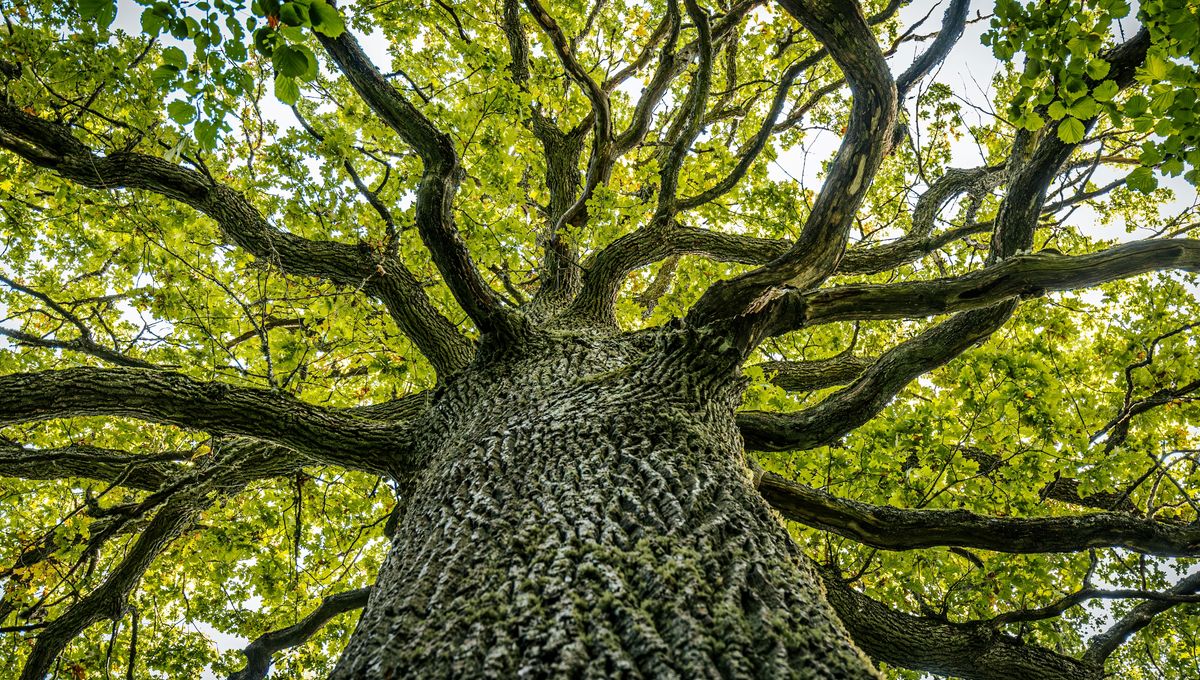
In the first assessment of its kind, nearly all of the world’s tree species have been added to the IUCN Red List, which acts as an inventory of species’ conservation status. In doing so, however, it’s been discovered that 38 percent of the tree species identified are currently at risk of extinction.
The Global Tree Assessment, which was a decade-long joint effort involving over 1,000 experts from around the world, found that out of the 47,282 tree species it evaluated and added to the list, at least 16,425 of them are under threat of extinction. That’s more than double the list’s number of threatened bird, mammal, reptile, and amphibian species combined.
A particular hotspot for risk of extinction was uncovered too: islands, which were found to have the highest proportion of threatened tree species. There are a number of factors that are believed to be contributing to this, including deforestation and climate change, but also the presence of invasive species and diseases.
Even in South America, which is home to the most diverse range of tree species on the planet, a quarter of the assessed tree species are threatened with extinction – and that number might even end up growing.
“Although the proportion of tree species reported as threatened in South America – the world leader in tree diversity – is lower (25 percent), this percentage is sure to increase,” explained Dr Eimear Nic Lughadha, Senior Research Leader in Conservation Assessment and Analysis at the Royal Botanic Gardens, Kew, in a statement sent to IFLScience, “because many tree species from South America have yet to be described for science and tree species new to science are more likely than not to be threatened with extinction.”
The threat of extinction is not just bad news for the trees – humans and wildlife alike depend on the planet’s forests.
“Trees directly underpin the survival of so many species – including many found on the IUCN Red List. Thriving, naturally diverse forests are essential in mitigating both climate change and biodiversity loss, and as such solutions for one crisis often have mutually reinforcing benefits for the other,” said Dr Dave Hole, Vice President for Global Solutions at Conservation International’s Moore Center for Science.
“This makes the growing number of threatened tree species included on the Red List all the more troubling.”
There is, however, an upside to the news – it might just give scientists a clearer idea of how best to start solving the problem.
“The assessment of all tree species has been a massive undertaking that has taken many years to complete and that needs to be celebrated,” said Jean-Christophe Vié, Director General of Fondation Franklinia, one of the organizations that funded the assessment. “It is still ongoing, but we now know where to act to efficiently tackle the extinction crisis hitting the world’s trees.”
“There is no excuse not to act.”
Source Link: Over 30 Percent Of World’s Tree Species At Risk Of Extinction